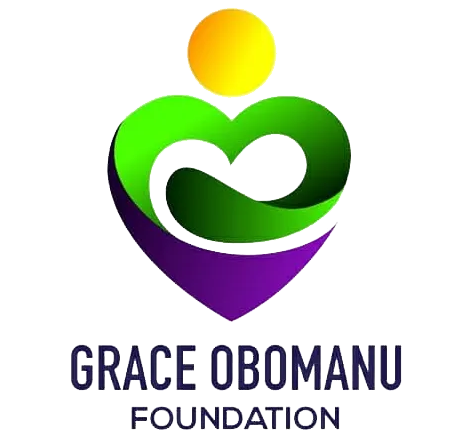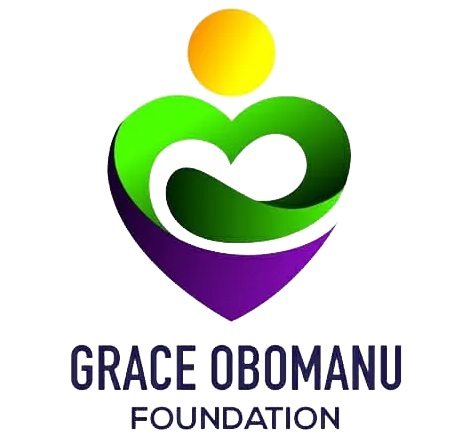This is Part 2 of the study series, The Road to Financial Sufficiency In Christ. Now we look at the purpose of money from the bible. You can find Part 1 here.
In the last part, we mentioned 3 functions of money from an economist’s point of view namely; money is a medium of exchange, a unit of account and it is a store of value.
In general, money is used to intermediate the exchange of goods and services, used as a standard unit of measurement of the market value of goods, services and other transactions and as an acceptable store of value including being seen as a standard of deferred payment. So essentially, money is a tool for meeting immediate or future transactional needs.
The Value of Money
It is obvious then that in considering the purpose of money from a biblical standpoint, we cannot exclude its economic functions as seen above. Every believer in the present world employs these functions of money to meet most transactional needs. Having said that, money is only as important as its value; which primarily depends on its purchasing power, its demand or what can be achieved or done with money. And as mentioned earlier, money is a tool for meeting transactional needs. So money is practically useless if it meets needs that it cannot satisfy. And life teaches us daily that there can be quite a number of needs that money fails to satisfy sometimes. For example, money may fail to satisfy some health and emotional needs (including true love, friendship, family, joy, peace of mind, and more).
Needs that Money can Meet
Cheer up, it’s not all bad news, there are also countless number of needs that money satisfy. Good money is a good thing and it is good and relevant for providing essential human needs including; food, shelter, clothing and water. In addition, money also meets non-essential needs; things that are not absolutely necessary for human survival. I thoroughly enjoyed contrasting between needs and wants in my blogpost “God Shall Supply“. It is one of my favourite articles, so I hope you can spare a little time to read it on my blog.
God Knows Our Needs
In Matthew 6:25-32, Jesus confidently assures us of the Father’s commitment to meeting our needs of food, drink and clothing. So we can be certain that the Father is aware of our needs. And according to John 16:23; we can access whatever we need when we ask the Father in the name of Jesus Christ.
Now, having established that money is a necessary tool for meeting basic life needs, we should therefore expect to have sufficient supply of money. Glory, halleluyah! The resources to meet our needs will be supplied to us in Jesus name, Amen! We can have financial sufficiency in Christ.
Clarifying the scale of preference for a Christian
A scale of preference is simply a list of items prepared for purchase and arranged in order of priority or importance. For some persons, having a scale of preference is important because needs almost always exceeds available resources.
In Matthew 6:25-32, Jesus notes that the unbeliever (pagan) prioritizes his needs above God, but that shouldn’t be the case for His followers. If an unbeliever were to prepare a scale of preference, his needs for food, shelter, clothing, etc would top the list. However, in Matthew 6:31-34 Jesus admonishes us to put God first on our list.
“Therefore do not worry, saying, ‘What shall we eat?’ or ‘What shall we drink?’ or ‘What shall we wear?’ For after all these things the Gentiles seek. For your heavenly Father knows that you need all these things. But seek first the kingdom of God and His righteousness, and all these things shall be added to you. Therefore do not worry about tomorrow, for tomorrow will worry about its own things. Sufficient for the day is its own trouble.” Matthew 6:31-34 NKJV
Put God on Your List
Put God on your list; give Him first place.
“Honour the Lord with your possessions and with the first-fruits of all your increase. So your barns will be filled with plenty, and your vats will overflow with new wine” Proverbs 3:9-10 NKJV
Proverbs 3:9-10 says our barns will be filled with plenty and our vats will overflow when we put God first. Talk about having beyond financial sufficiency in God!
Somebody might just say ‘Grace, we are talking about the purpose of money here, we don’t buy God, so He has no business on our list‘. Well, Malachi 3:9-10 says we can rob God (take what belongs to Him; including taking His place in our lives) when we withhold our tithes and offerings. The tithe belongs to God (Leviticus 27:32, Deuteronomy 14:22, Matthew 23;23).
After we have reverentially put God first on our list, then we can reprioritize in order to meet our personal or family needs.
Be Charitable
Scriptures emphatically encourages us as believers to be charitable. Meaning that our list should also include gifts we give to people in need.
“For the poor will never cease from the land; therefore I command you, saying, ‘You shall open your hand wide to your brother, to your poor and your needy, in your land.” Deuteronomy 15:11 NKJV
There is a list of scripture-approved persons we should give to in my article on; “How to Activate the Blessing“. It will bless you.
As we see in Matthew 6:1, there is a reward for being charitable……
“Take heed that you do not do your charitable deeds before men, to be seen by them. Otherwise you have no reward from your Father in heaven.” Matthew 6:1 NKJV
Have some savings
Apart from being a store of value, saving money ensures availability of emergency fund. Jesus had a purse for His ministry; and no, it wasn’t just a money-carrying bag, it also served as a save (John 12:6). So make provision for savings on your list.
Begin your journey to financial sufficiency in Christ today
Learning to put God first, being generous and charitable and living a lifestyle of contentment, will help us enjoy financial sufficiency in Christ. In addition to contentment, we will consider other key financial principles every Christian should live by in subsequent parts of this study.
Please join me next Friday.











